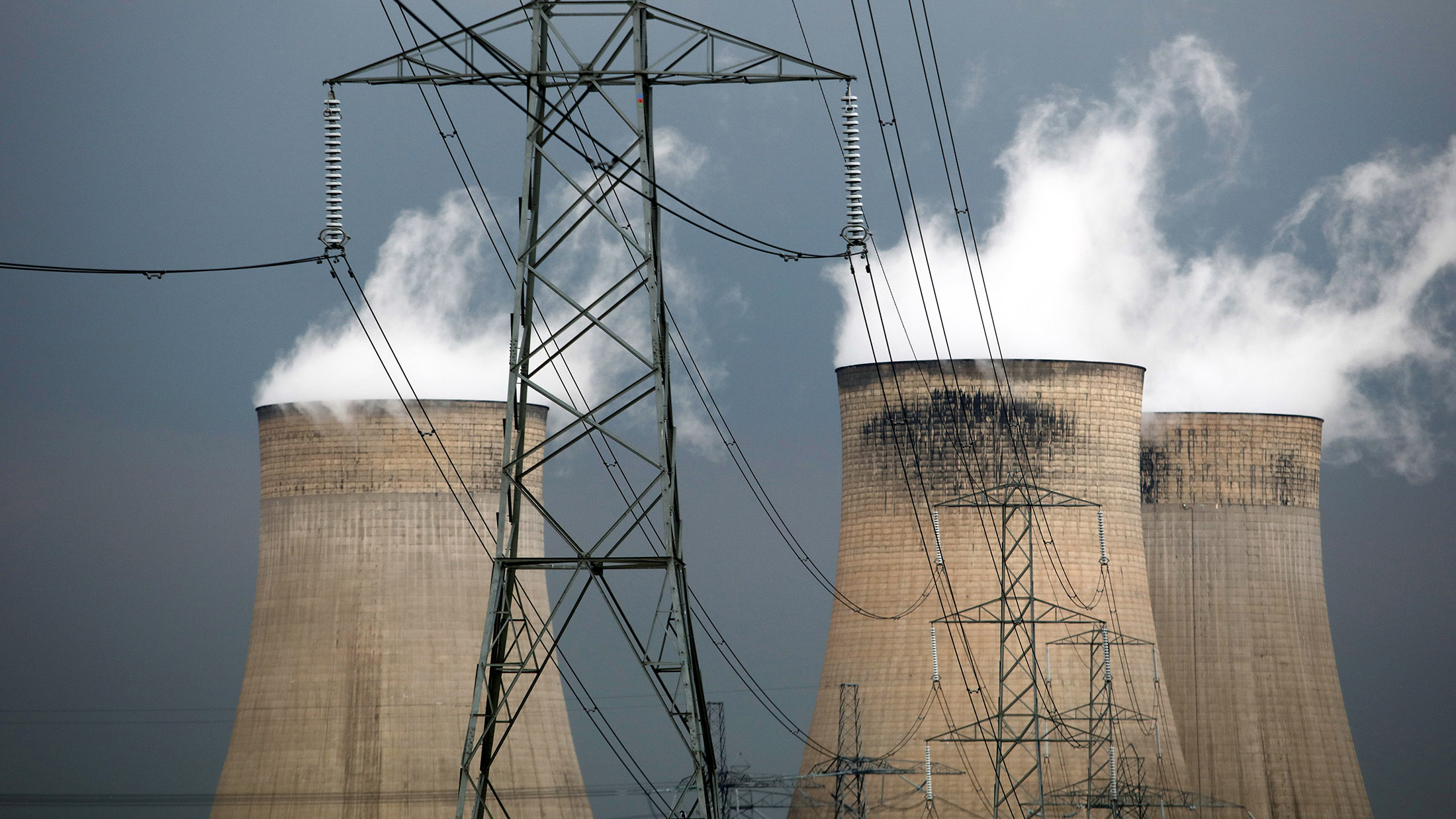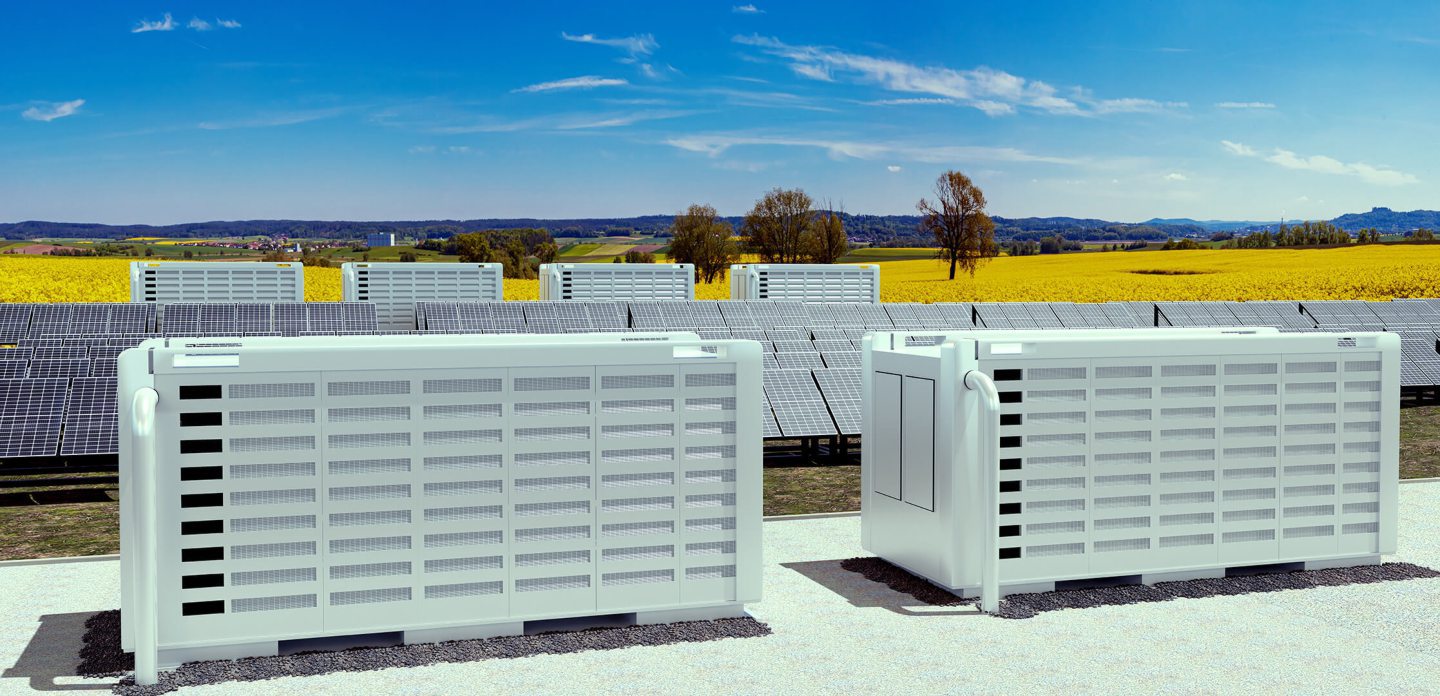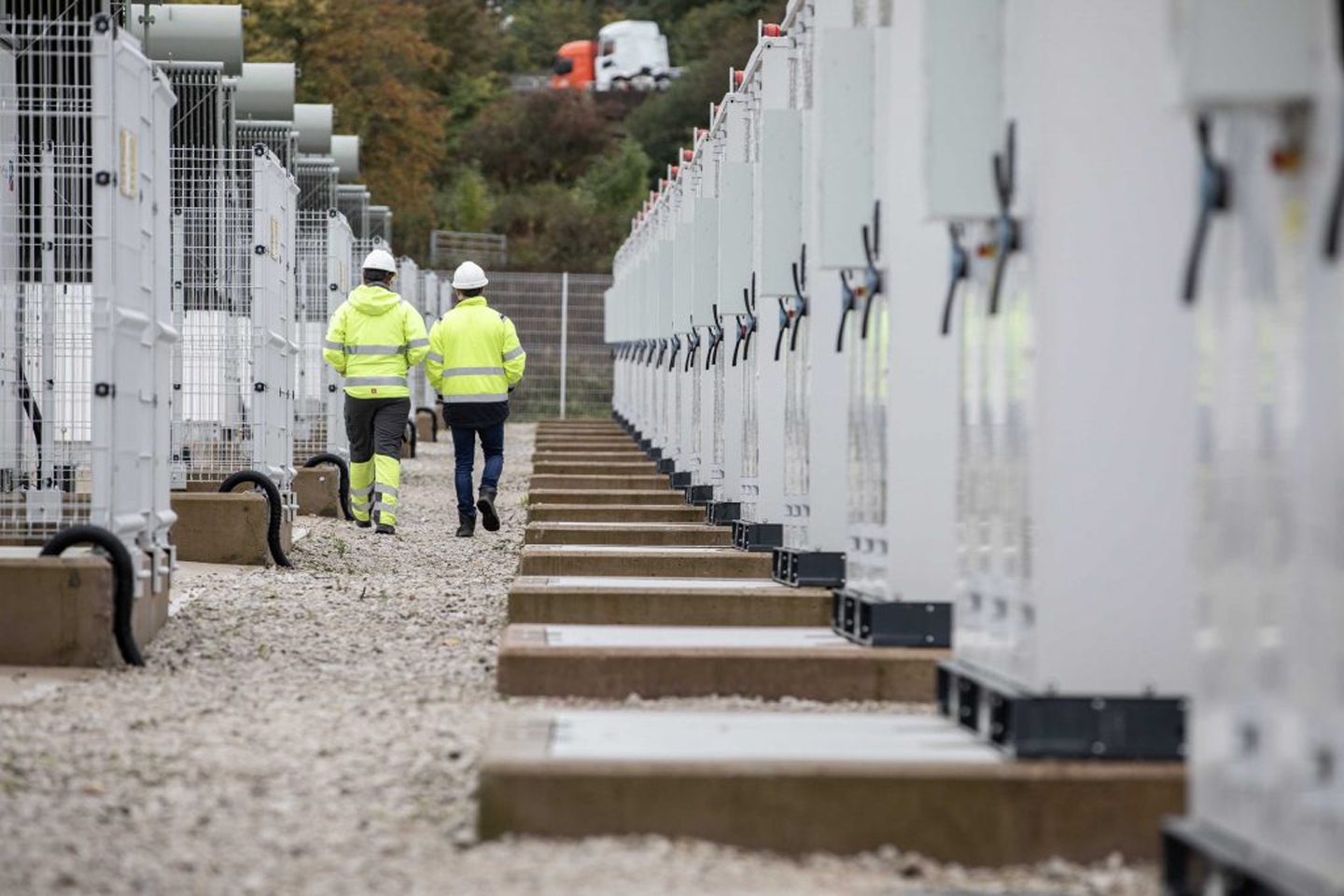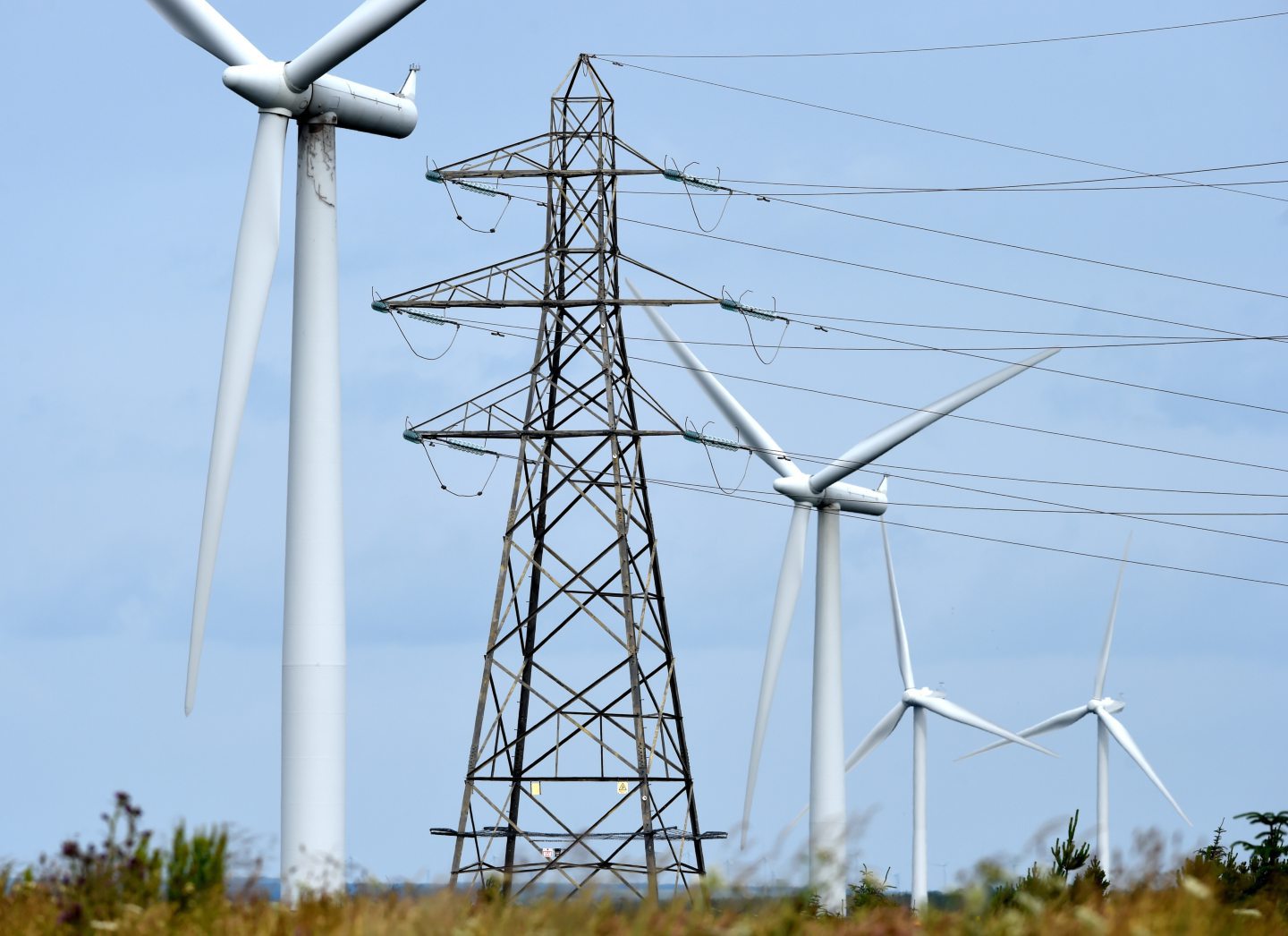The UK needs to deliver grid connection reform within six months to keep its clean power 2030 target within reach, according to one of the country’s largest battery energy storage system (BESS) developers.
NatPower UK has urged regulators to remove “non-credible” projects looking to connect to Britain’s electricity grid.
The firm warned delays to grid connection could put at risk some of its 60 GWh pipeline of BESS projects and plans to invest £10 billion in the country.
Speaking to Energy Voice, NatPower UK managing director John Sturman said battery storage is “absolutely essential” to deliver the Labour government’s ambition to decarbonise the electricity grid by the end of the decade.
The newly formed National Energy System Operator (NESO) declared in a report earlier this month that the target is “achievable“.
However, Sturman said the government needs to ensure faster delivery of BESS projects to keep the goal within reach.
NatPower Group
NatPower UK is part of the wider NatPower Group headquartered in Luxembourg.
Outside the UK, the firm is developing a 30 GW portfolio of wind, solar, hydrogen and BESS projects in Italy, the US, Kazakhstan and Canada.
Within the UK, NatPower currently has a 60 GWh pipeline of BESS projects, mostly located in northern England, with plans to invest £10bn in the country.
Altogether, Sturman said that equates to 20% of the energy storage needed in the UK by 2040.
However, NatPower cannot progress many of them through to construction because of grid connection dates that are “significantly beyond” 2030.
As a result, Sturman said its ability to deliver the projects hinges on the UK government delivering grid connection reform in the next six months.
“If grid reform enables grid connection dates to be brought forward to 2030 or before, if that happens in six months time, then we can absolutely deliver all the required assets to meet 2030 [targets],” he said.
“But if grid reform doesn’t deliver, and get rid of the non-credible counterparts who applied to connections, and it drags on a year or more, it’s going to become very difficult for us a developer to justify continuing to develop our pipeline.”
Remove ‘non-credible’ projects, NatPower says
Sturman said grid operators and UK regulators should remove “non-credible” projects from the queue.
He defined these projects as those “put forward by developers who don’t have the ability to deliver”.
Sturman also wants to see connection priority given to larger-scale four-hour BESS projects, such as the company’s 4GW h Bellmoor development in North Yorkshire.
“That’s a typical project for us,” he said.
“You’re talking about an £800 million [capital expenditure] for a single project.
“We’ve got, at the moment, 25 of those across the UK.”
But at the moment, Ofgem and the National Grid are unable to prioritise ambitious developers such as NatPower, Sturman said.
“At the moment, there’s no differentiation between a company developing a 10 MW battery project or a company like ourselves wanting to developer a 1 GW battery asset,” he said.
“Plus, all of our projects are being designed from day one to be a four-hour system. The vast majority of projects at the moment are being delivered on a two-hour basis.”
It will also be easier for grid operators to manage larger individual battery storage projects rather than multiple smaller scale assets, Sturman said.
Long duration energy storage
While the UK government recently approved a “cap and floor” mechanism to promote investment in long duration energy storage (LDES) projects longer than eight hours, Sturman said NatPower’s four-hour systems are effectively caught in the middle.
Sturman said while the company doesn’t need additional financial support, it wants to see a strategic priority given for grid connections for larger-scale lithium-ion BESS projects.
Additionally, Sturman said he also wants to see priority for projects located in regions where additional storage projects are most needed.
He pointed to the recent NESO report which identified northern England as a priority region for BESS projects.
“That’s where the greatest need is, so that I think is much more important in terms of creating a system that is optimised,” he said.
Additional reforms
In addition to grid reform, Sturman said NatPower also wants to see changes to allow a greater level or private investment in the grid, as well as introducing competition in energy networks.
NatPower has £600m “ready to invest in the transmission network” if these changes were introduced, Sturman said.
He also advocated to for a switch to nodal pricing in the electricity market, rather than the zonal system the UK government is currently favouring.
Finally, he said NatPower wants to see selective interest rate cuts for investment in clean energy projects to make BESS projects more attractive for pension funds and infrastructure investors.
“Anything that improves the status of those projects financially opens the door to a much larger deployment of those assets,” Sturman said.
“There are many assets that are very good projects that struggle to get financial close because there’s too much risk on the revenue side.”
Recommended for you



 © Supplied by NatPower UK
© Supplied by NatPower UK © Image: NatPower UK
© Image: NatPower UK © Supplied by EDF Renewables
© Supplied by EDF Renewables © File photo: Sandy McCook
© File photo: Sandy McCook






